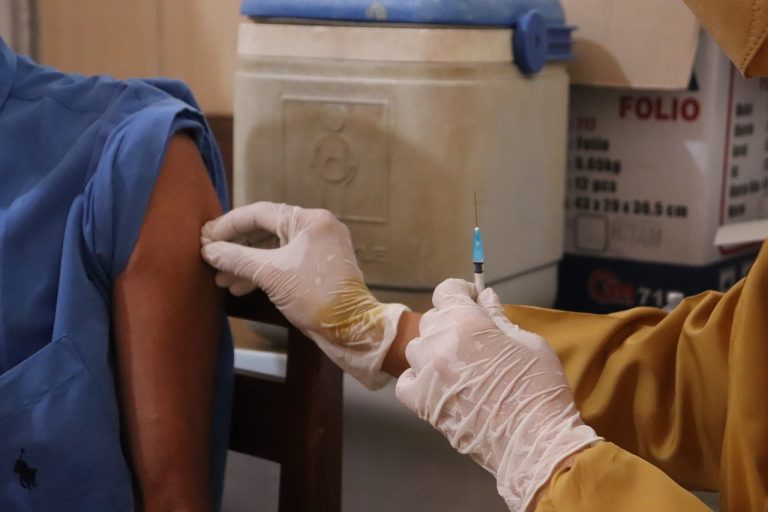Major Chinese capital is being poured into land purchases in Japan near military bases and other military-run facilities, posing a threat to Japanese national security. As a result, Japanese politicians are now attempting to pass controversial legislation that will limit and scrutinize foreign investments based on national security interests.
Back in December 2020, a Japanese government-affiliated agency released information about the purchase of 80 real estate investments linked to Chinese capital. The latest government research, as reported by Hong Kong’s Apple Daily, claims that there are now at least 700 real estate investments with Chinese capital near areas with security concerns, including Japan Self-Defense Forces, the military base of the United States Army Japan, Japan’s coast guard, and facilities for space development.
Japan Forward highlighted Cape Noshappu, an area with suspicious investments. Located at the northern tip of Japan, the area contains a garrison and radar from the Japanese Self-Defense Forces (SDF) used to monitor the Russian border. The abundance of harnessable wind has attracted several investors. One land purchase tied to Chinese investors was said to be directly at a military choke point, according to a SDF member.
Another area of concern has been the military garrison in Wakkanai. Behind closed doors, Wakkanai officials spoke with SDF officials about possibly ceasing development around the area because of concerns about data vulnerability and susceptibility to radio jamming attacks. The area has now implemented increased surveillance measures and investigations of local land purchasers.
According to Japan Forward, the SDF is not the only party interested in the details of Chinese investors who are purchasing land. A separate intelligence agency is now looking into links between an energy company and Chinese government officials. “A foreign power is involved in aspects that are difficult to ascertain,” said a Japanese government official.
Success
You are now signed up for our newsletter
Success
Check your email to complete sign up
After a surge in real estate investments just before the 2020 Olympics and Paralympics in Japan, the Japanese government appointed an expert panel to review land purchases as they related to national security. Also, the Japanese Foreign Exchange and Foreign Trade Act was revised in June 2020 to install measures safeguarding infrastructure and defense projects.
Before, government approval was required for foreign investors to obtain more than 10 percent of shares in Japanese companies of national interest. After the revision, foreign investors must obtain government approval to purchase even more than one percent of shares, according to the Diplomat. Goldman Sachs felt that this strategy was imprudent and would be “detrimental” to the market, undermining seven years of market reform.
Guest author Daisuke Akimoto, PhD from the Diplomat stated, “The government is entitled to limit property rights and use private property in the name of the ‘public welfare.’ In other words, it is not unconstitutional for the Japanese government to enact and implement such legislation to restrict the buying and selling of Japanese land between Japanese people and foreign entities, just like other countries such as Australia, South Korea, and the United States.”
“Having said that, as a member state of the World Trade Organization (WTO), Japan is not allowed to discriminate against other nationalities with regard to property acquisition,” he continued.
In the U.S., the Exon-Florio provision of the Omnibus Trade and Competitiveness Act of 1988, the Foreign Investment and National Security Act of 2007, and the Foreign Investment Risk Review Modernization Act enacted in Aug. 2018 and implemented in Feb. 2020, are all in place to prevent foreign investments where national security is considered to be at risk.













